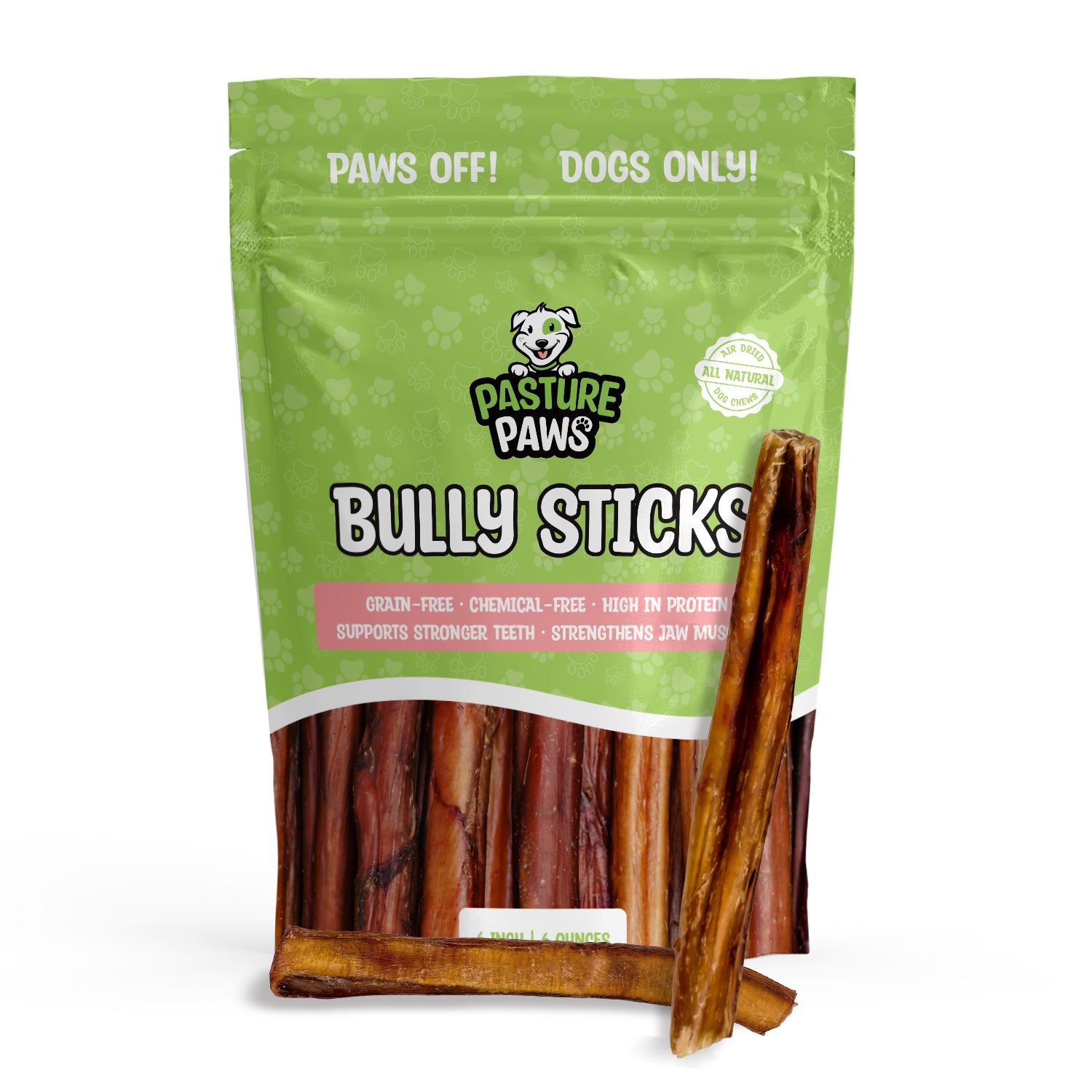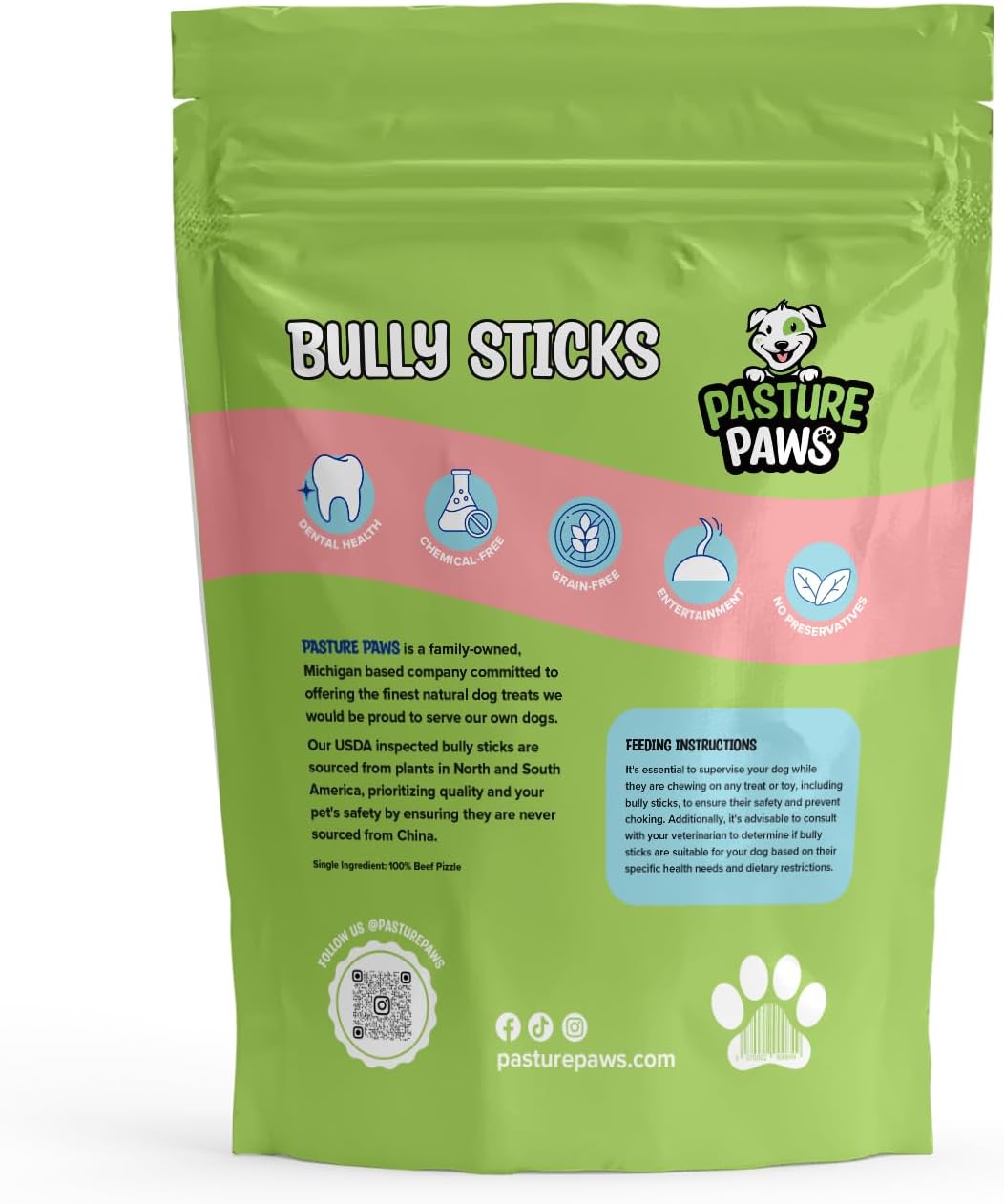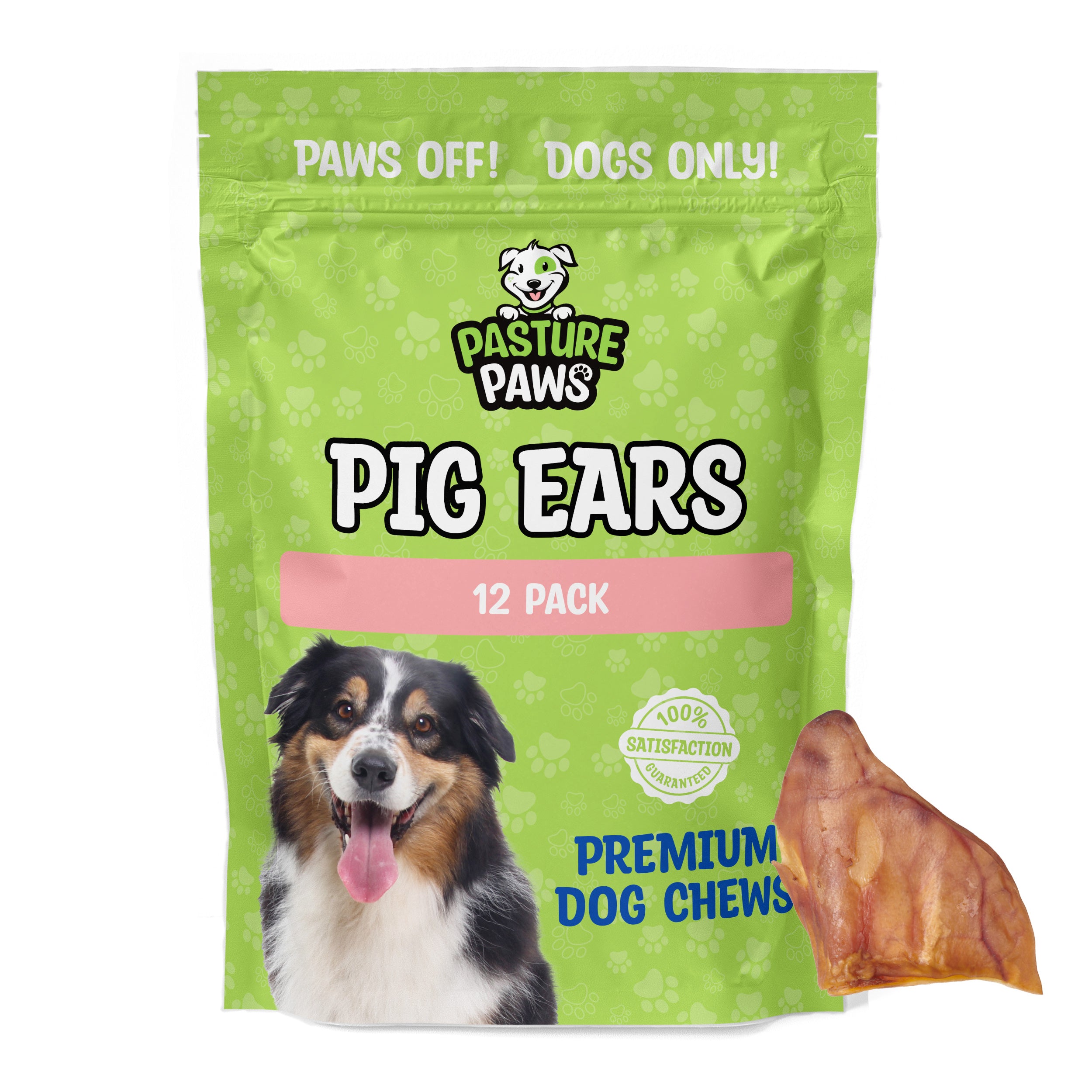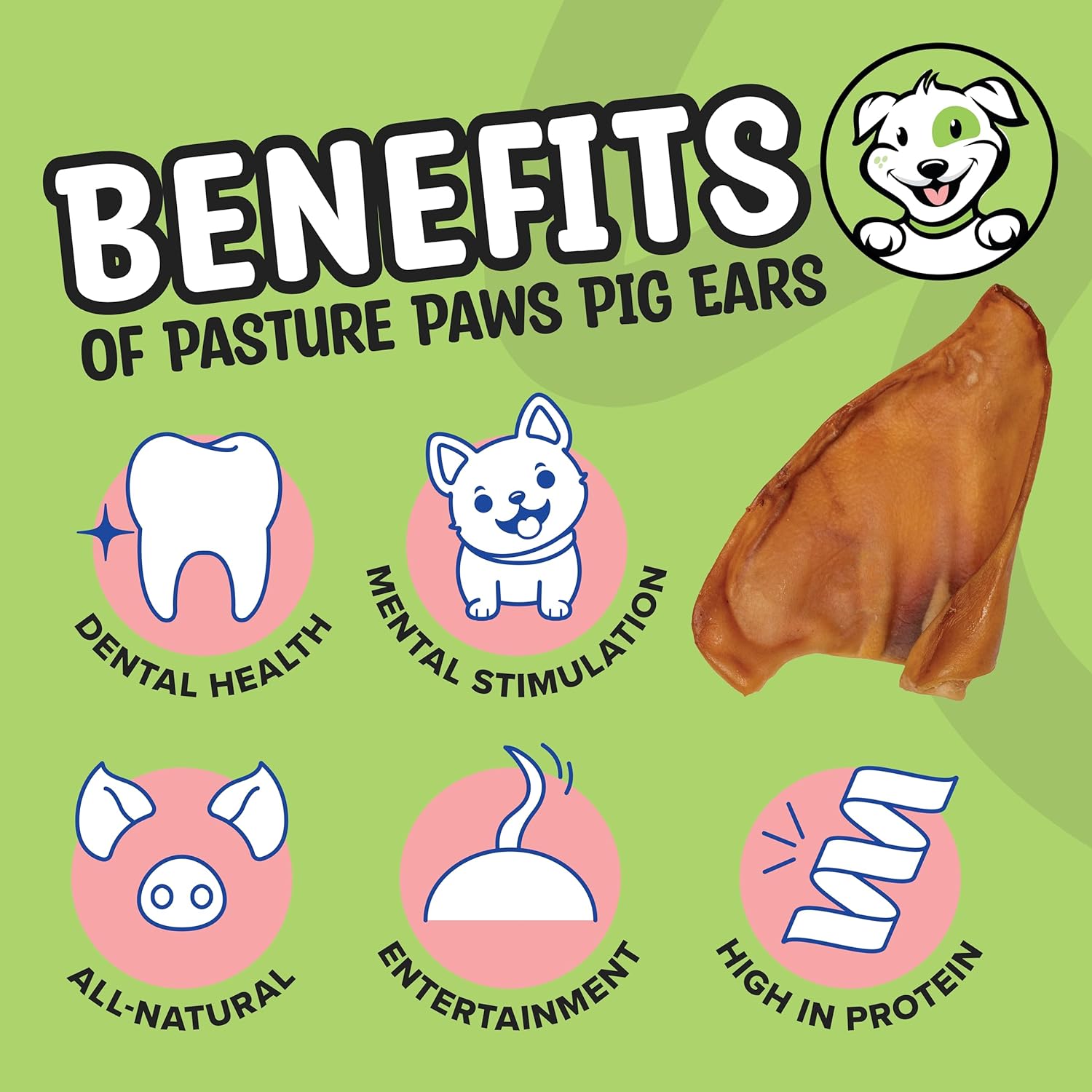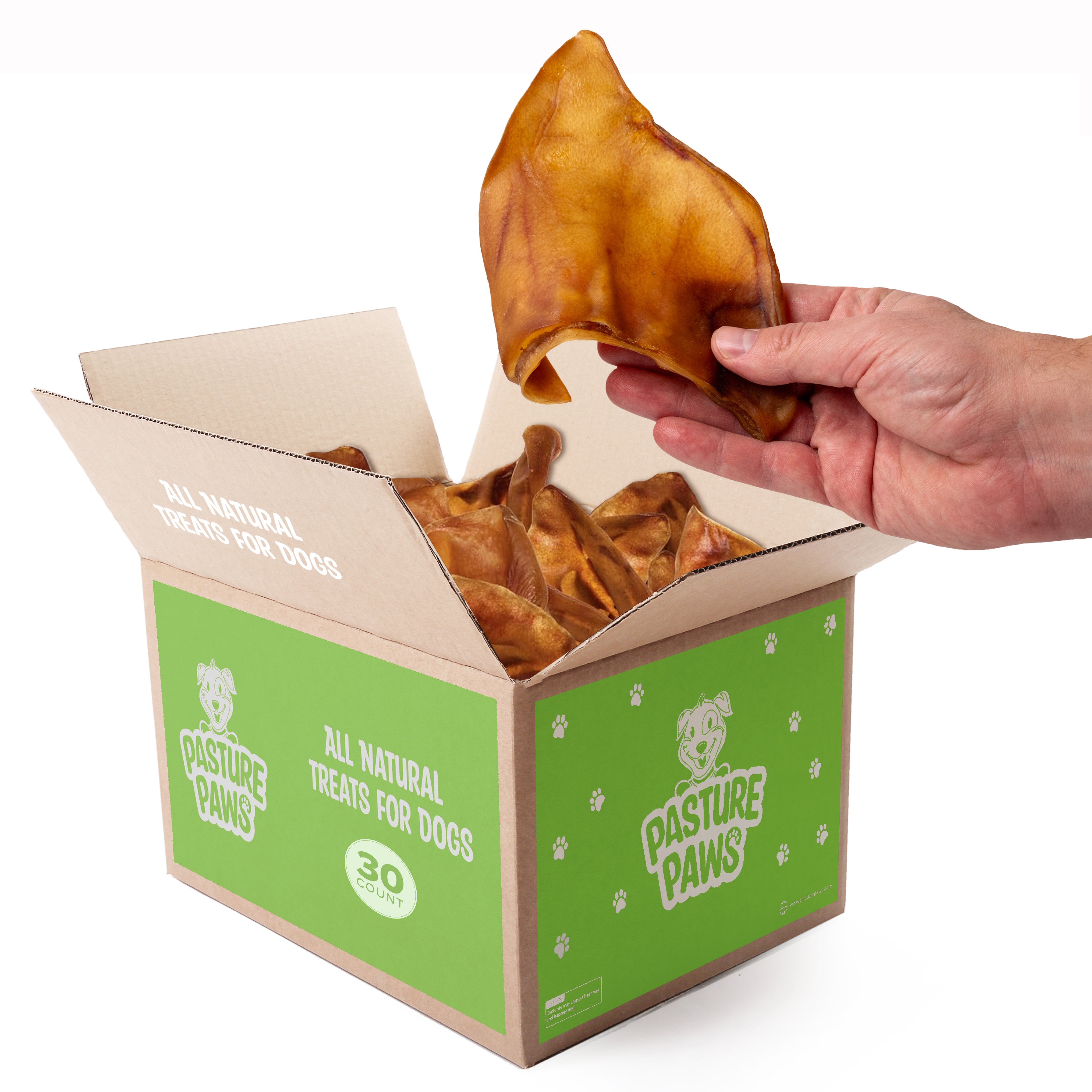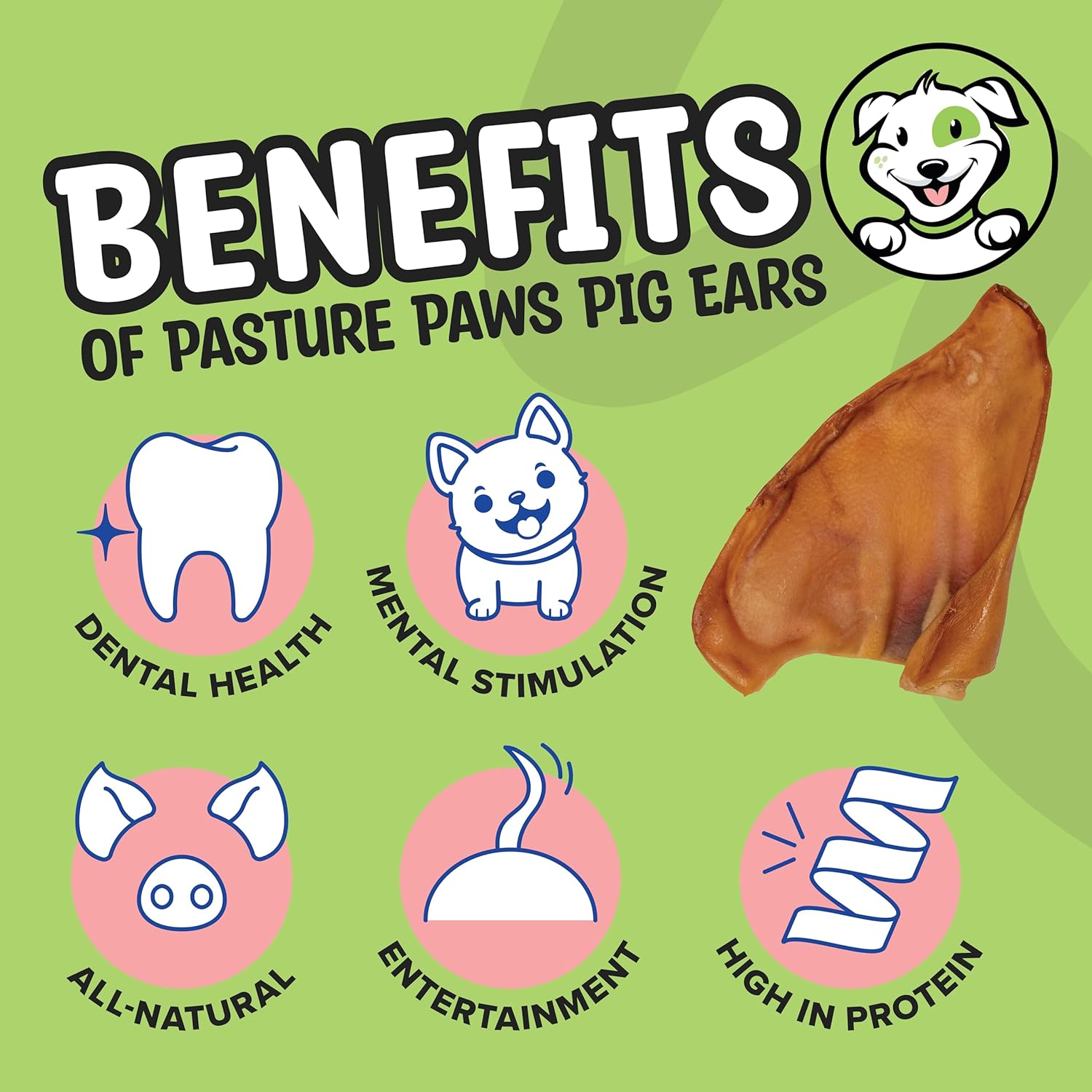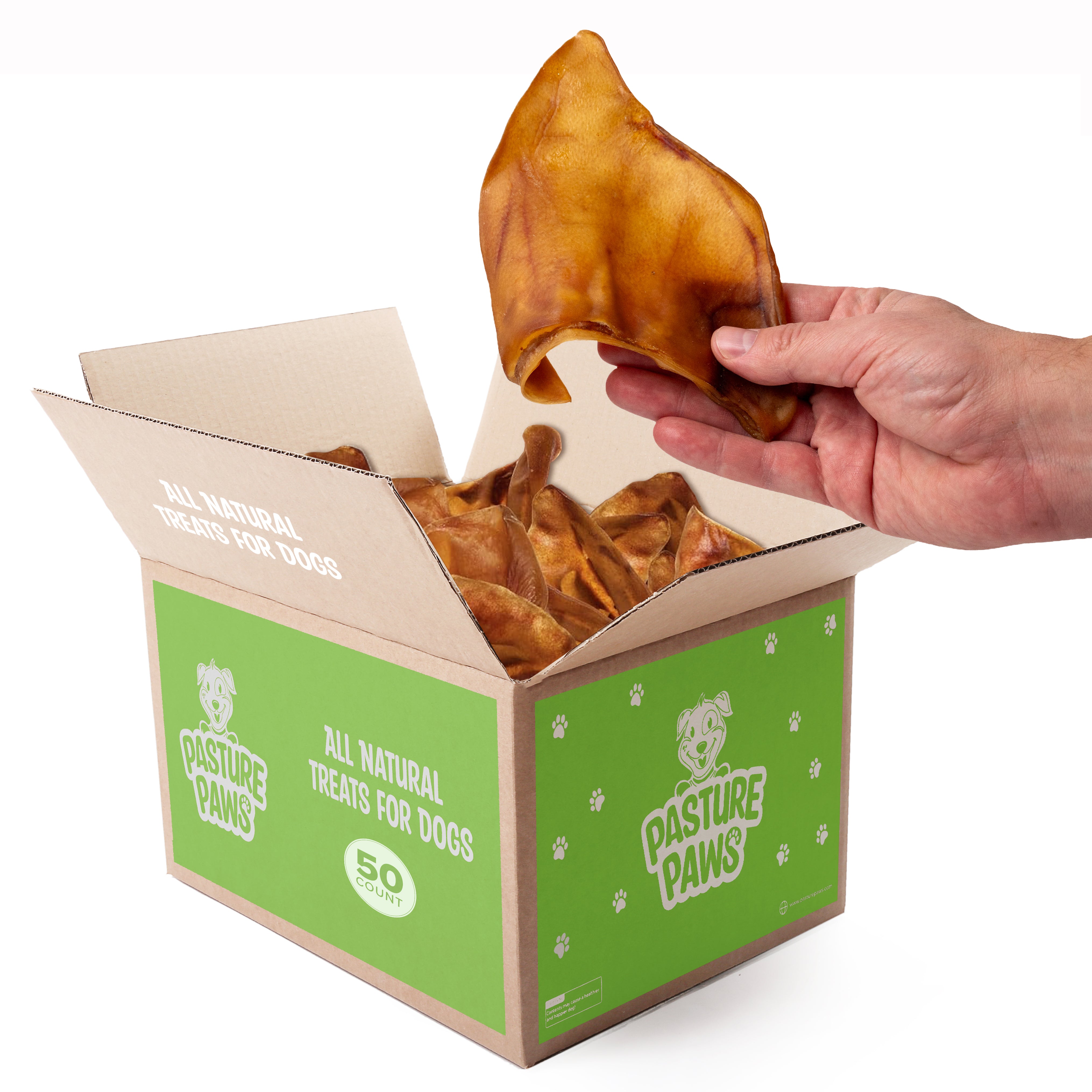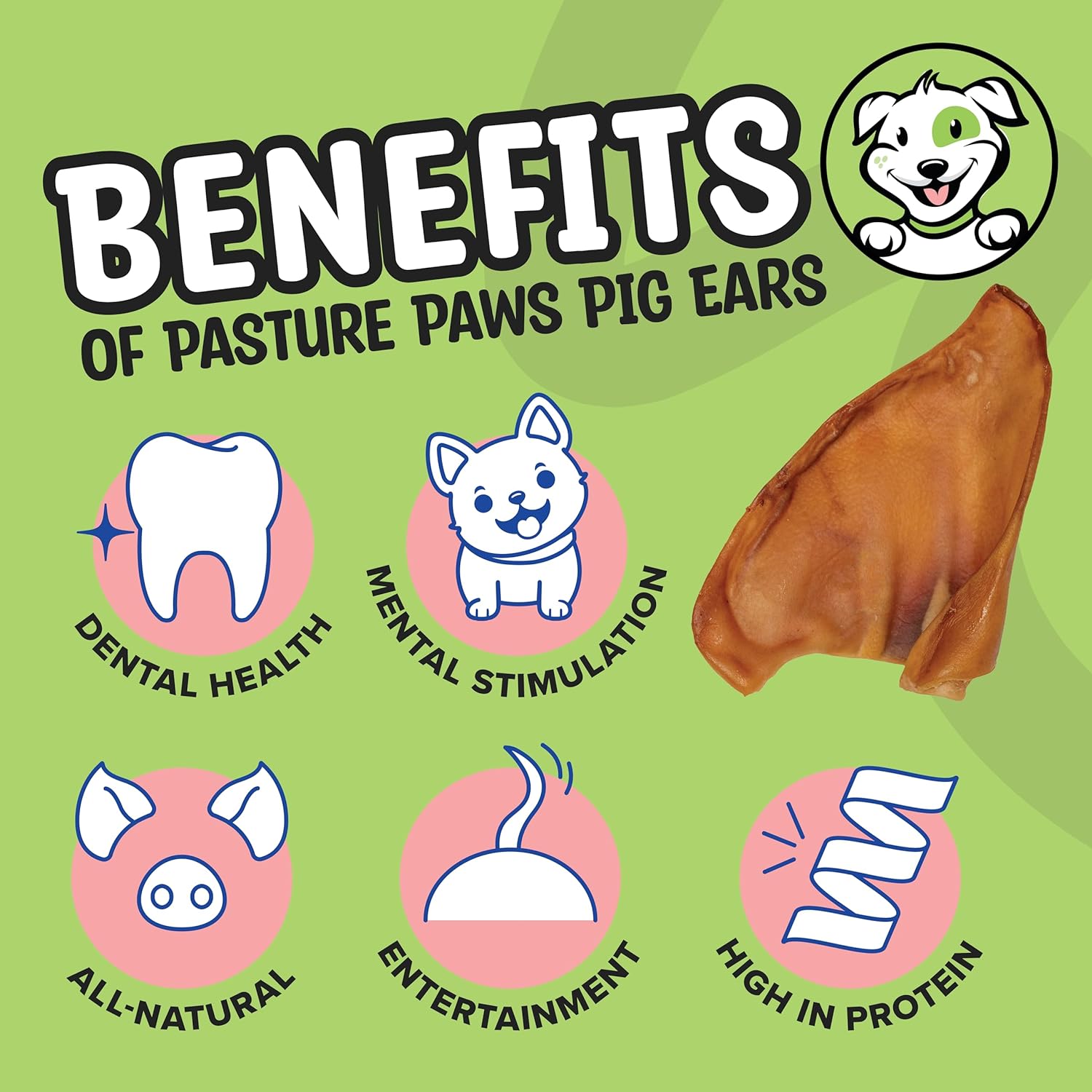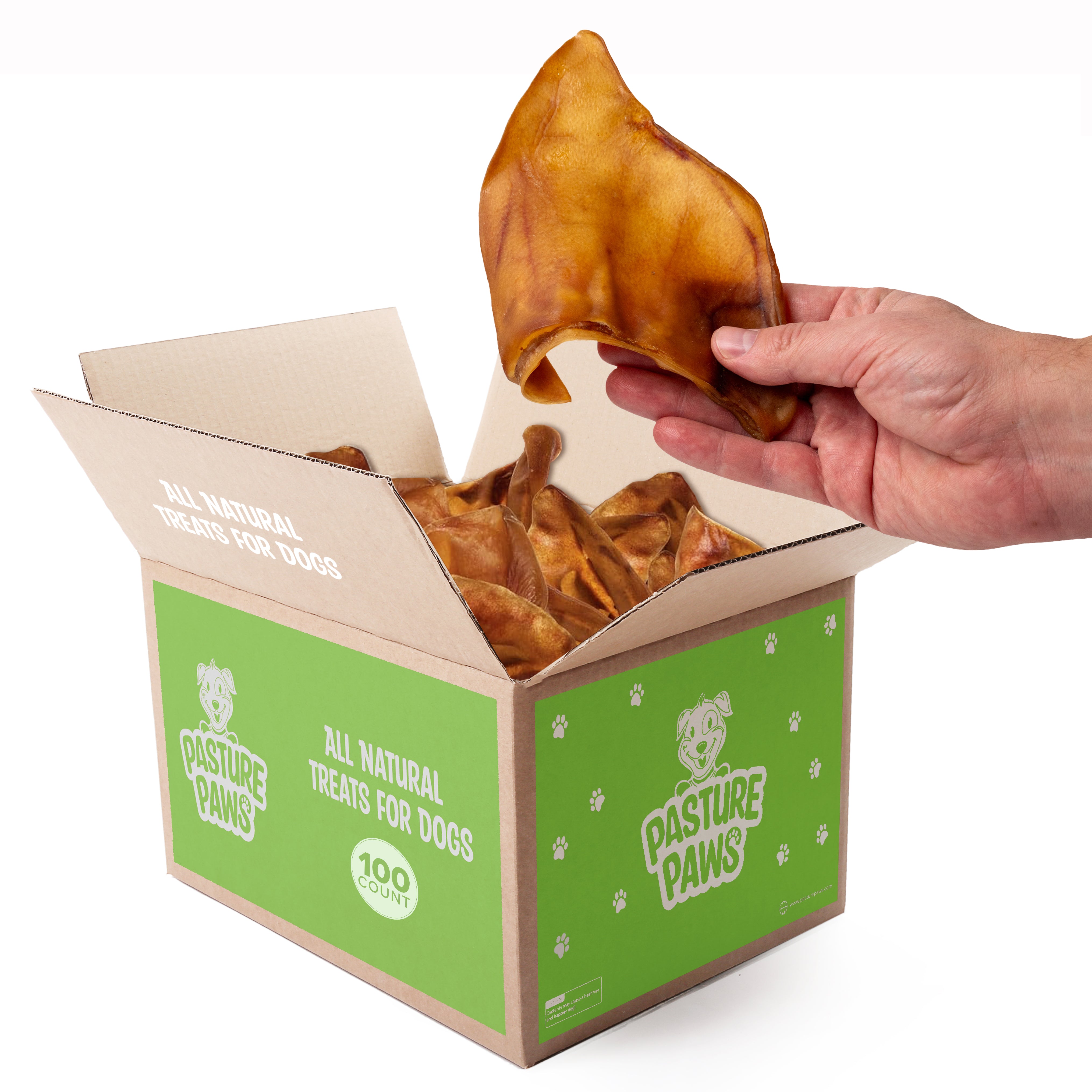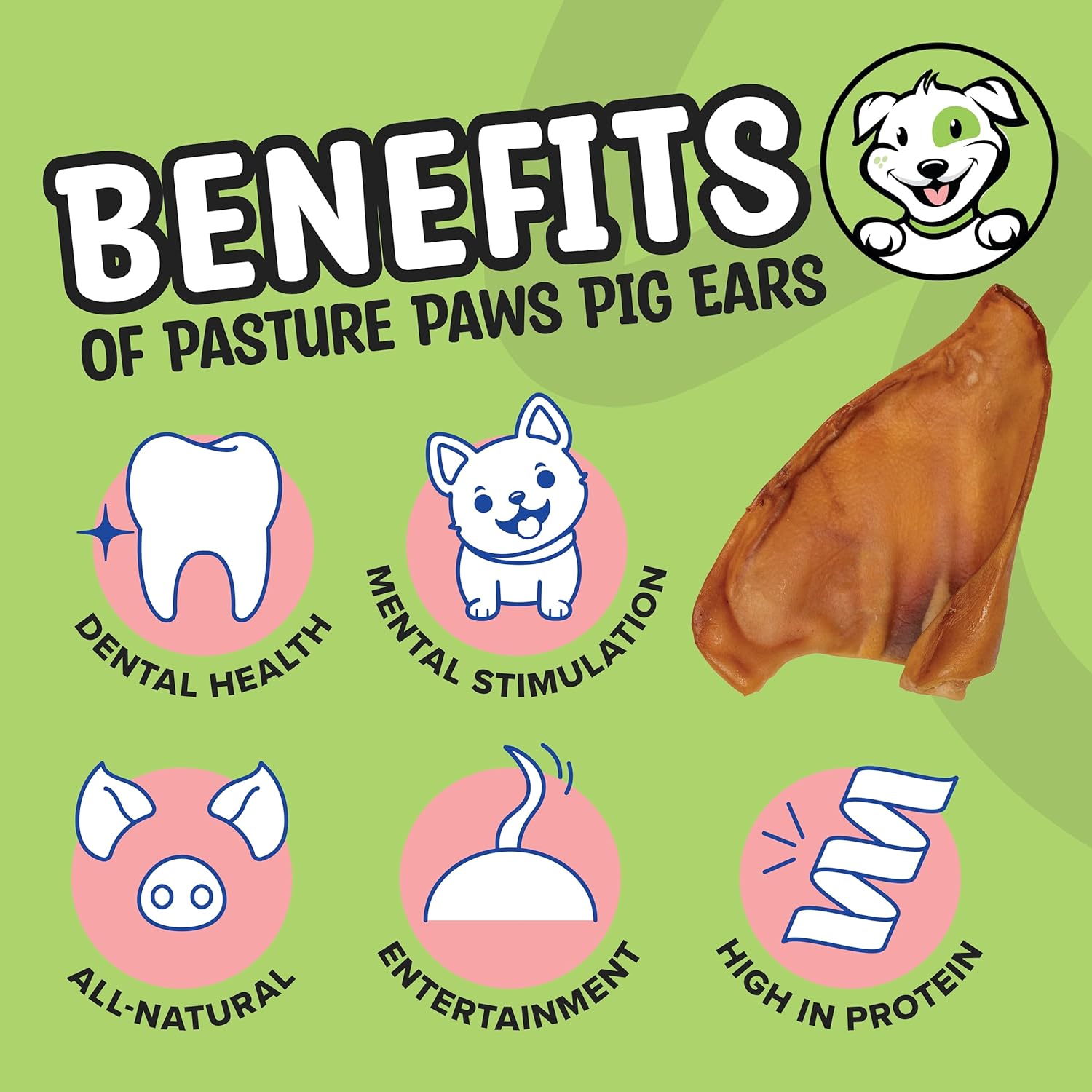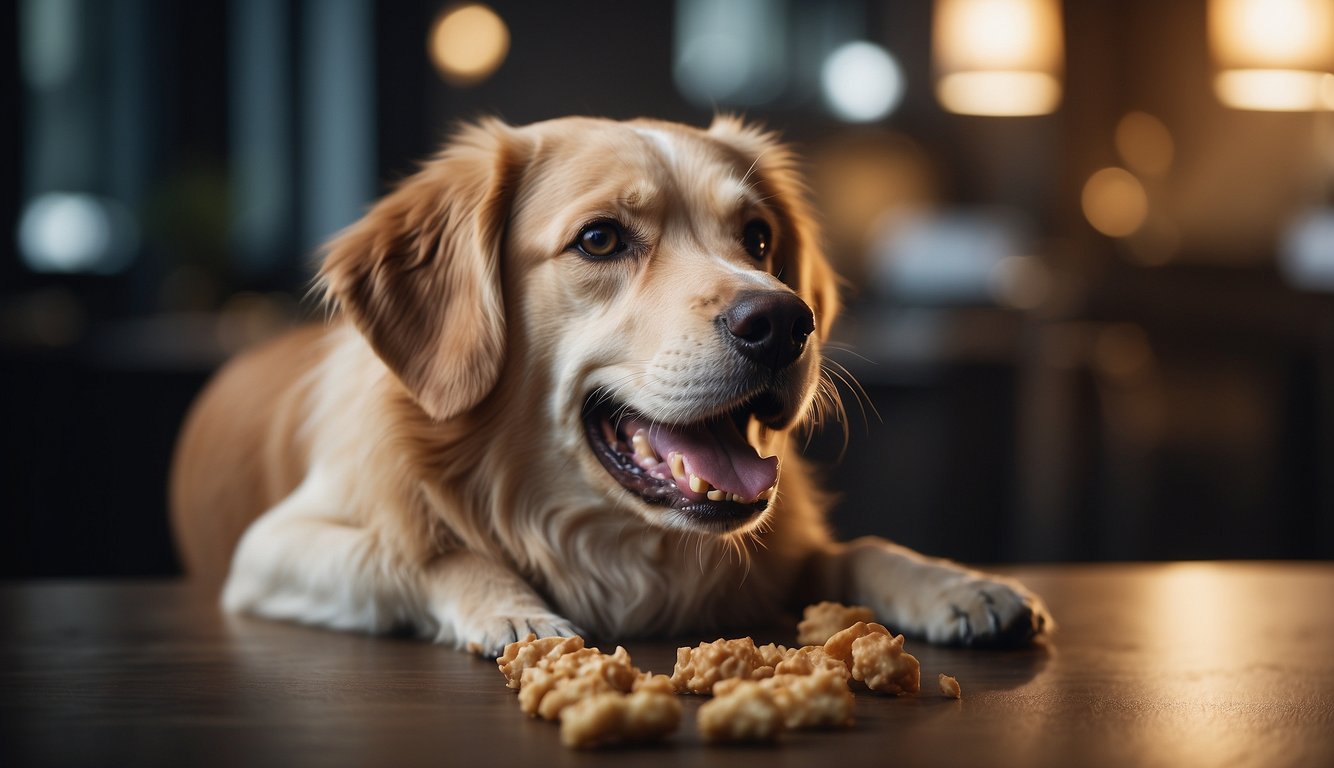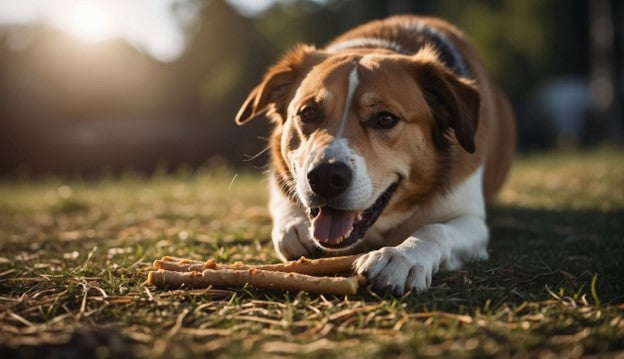If you're a dog owner, you know that keeping your furry friend healthy and happy is a top priority. One way to do this is by providing them with safe and healthy treats, such as beef kneecaps. But can dogs eat beef kneecaps? The answer is yes but with some important considerations.

Beef knee caps offer dental health benefits and mental stimulation for dogs. Chewing on them helps remove plaque and tartar, keeping teeth clean and healthy. Additionally, gnawing on bones provides mental stimulation and relieves stress. However, not all dogs enjoy beef kneecaps, and their intake should be monitored.
Beef kneecaps are high in fat and can cause weight gain and digestive issues if overconsumed. Choosing the right size and type is important to prevent choking and splintering injuries. For high-quality options, check out our Beef Knee Cap. Visit Pasture Paws for more healthy and delicious treats for your furry friend! Explore our Dog Chews Collections and discover a variety of options, including our 12" Beef Trachea Dog Chews, 6" Bully Sticks, and Pig Ears Collections. Find the perfect treats to keep your dog happy and healthy!
Understanding Beef Kneecaps for Dogs

If you're looking for a natural chew for your dog, beef kneecaps are a popular option. Here's what you need to know about these chews:.
What Are Beef Kneecaps?
Beef kneecaps, or patella bones, are the hard covering of a cow's back knee. They are a natural source of glucosamine and chondroitin, which support joint health. Choose high-quality, raw kneecaps from reputable suppliers and avoid cooked or seasoned table scraps, which can splinter.
Natural Chews vs. Synthetic Options
Natural chews like beef kneecaps are made from real animal parts and are minimally processed, offering safety and health benefits. Synthetic chews, such as rawhide, are chemically treated, can be harder to digest, and pose choking hazards. Natural chews are generally safer and healthier for your dog.
Health Benefits and Nutritional Value

When it comes to feeding your dog beef kneecaps, there are several health benefits and nutritional values to consider. Here are some of the key points to keep in mind:.
Protein and Fat Content
Beef kneecaps provide a great source of protein and moderate fat, which is beneficial for maintaining a healthy weight. However, excessive fat can cause weight gain and digestive issues, so offer them as an occasional treat.
Calcium and Phosphorus for Bone Health
Rich in calcium and phosphorus, beef kneecaps strengthen bones and promote healthy growth. They also contain collagen, supporting joint health and improving mobility.
Safety Considerations for Beef Kneecaps

Beef kneecaps can benefit dogs by improving dental hygiene and providing mental stimulation, but they also pose risks if not handled properly.
Choking and Blockage Risks
Aggressive chewers or dogs that swallow large pieces may be at risk for choking or blockages. Supervise your dog while they chew and remove the kneecap when it becomes small enough to pose a choking hazard. Avoid giving beef kneecaps to dogs with a history of digestive issues or blockages.
Splintering and Sharp Edges
Raw beef kneecaps are generally safer than cooked ones but can splinter, causing sharp edges. Choose high-quality kneecaps from reputable suppliers and inspect them for splintering before giving them to your dog. Discard any that show signs of splintering.
Harmful Bacteria and Contamination
Beef kneecaps can harbor harmful bacteria like salmonella. To reduce contamination risks, select kneecaps from reputable sources and handle them according to food safety guidelines. Wash your hands thoroughly after handling, and limit the time your dog spends chewing.
Suitable Dogs for Beef Kneecaps

Beef kneecaps are popular for their nutritional benefits, dental hygiene, and mental stimulation. However, not all dogs are suited for these chews.
Size and Breed Considerations
The size and breed of your dog play a crucial role. Smaller dogs may struggle with large kneecaps, while larger dogs may chew through them quickly, posing choking risks. Brachycephalic breeds might have difficulty due to their jaw structure. Always supervise your dog while they chew.
Age-Related Suitability
Age is important, too. Puppies and senior dogs might have trouble chewing due to their developing or weakening teeth. Consult your veterinarian to see if beef kneecaps suit your dog’s age.
Chewing Behavior and Aggressiveness
Aggressive chewers may break off large pieces, increasing choking and blockage risks. Supervise your dog to ensure safe chewing, and if your dog is an aggressive chewer, consider safer alternatives.
Preparation and Usage Guidelines

Proper Serving and Supervision
Always supervise your dog when giving them beef kneecaps to ensure they chew properly and don't attempt to swallow them whole. Supervision helps monitor behavior and prevent aggression or territorial issues. Serve the kneecap in a designated area, like a crate or specific room, to avoid accidents or injuries from over-excitement.
Cleaning and Storage
After chewing, clean the beef kneecap with warm water and mild soap. Scrub away food particles and use a toothbrush for crevices. Rinse thoroughly and dry with a clean towel. Store the kneecap in a cool, dry place in a resealable plastic bag or airtight container to prevent moisture. Keep it separate from other dog toys and treats to avoid confusion or accidental ingestion.
Alternatives to Beef Kneecaps

If you're looking for safer chew options for your dog, consider these alternatives to beef kneecaps:
Safer Chew Options
- Chew Toys: Available in rubber, nylon, and rope, these toys are durable and can withstand heavy chewing.
- Bully Sticks: Made from dried bull or steer meat, they are high in protein and low in fat. Supervise your dog to prevent choking.
Dental Health-Focused Alternatives
- Antlers: Durable and long-lasting, antlers help clean your dog's teeth as they chew. Ensure they are the right size to prevent choking.
- Rawhide Alternatives: Dental chews and bones improve dental health, freshen breath, and come in various flavors and sizes.
Potential Risks and How to Mitigate Them

There are potential risks when feeding your dog beef kneecaps, but proper precautions can mitigate these issues.
Preventing Dental Damage
Beef kneecaps can cause dental damage if they are too hard, leading to cracked or broken teeth. Supervise your dog while chewing and remove the bone if you notice tooth damage. Choose appropriately sized kneecaps to prevent choking or difficulty in chewing.
Avoiding Digestive Complications
Beef kneecaps can cause digestive issues, such as punctures or blockages. Monitor your dog while chewing and remove the bone if you notice any distress, such as vomiting or diarrhea. Choose lean kneecaps that are high in protein and low in fat to promote healthy digestion.
Consulting with Your Veterinarian

When feeding your dog beef kneecaps, consult with your veterinarian first. They can advise on safety based on your dog's size, age, dental health, and dietary needs. This is especially important if your dog has a history of health issues or allergies, as some dogs may react adversely to beef kneecaps.
Your veterinarian can recommend the appropriate size and frequency of treats to avoid choking hazards or digestive problems. Always monitor your dog's health and behavior when introducing new foods. Stop feeding beef kneecaps and contact your veterinarian immediately if any adverse reactions occur.
Frequently Asked Questions
How should beef kneecaps be prepared for dogs?
Beef kneecaps should be slow-roasted or smoked to make them safe and digestible for dogs. Avoid cooked or boiled kneecaps, which can become brittle and splinter, posing choking or injury hazards.
What size dogs can safely chew beef kneecaps?
Choose the appropriate size kneecap for your dog: smaller kneecaps for small dogs and larger ones for big dogs. Always supervise your dog to ensure they don’t swallow large pieces that could cause choking.
Is the knee cap good or bad for dogs?
Beef kneecaps can promote dental health by removing plaque and tartar and providing mental stimulation. However, they pose risks such as dental damage, choking, or digestive blockages if not chosen and supervised properly. Select the appropriate size and monitor your dog while chewing.
Are knee bones safe for puppies?
Knee bones can be safe for puppies if chosen appropriately. Ensure the bones are the right size to prevent choking hazards. Supervise your puppy to avoid aggressive chewing that could lead to dental fractures. Consult your veterinarian to confirm if knee bones suit your puppy’s age, size, and health condition.
